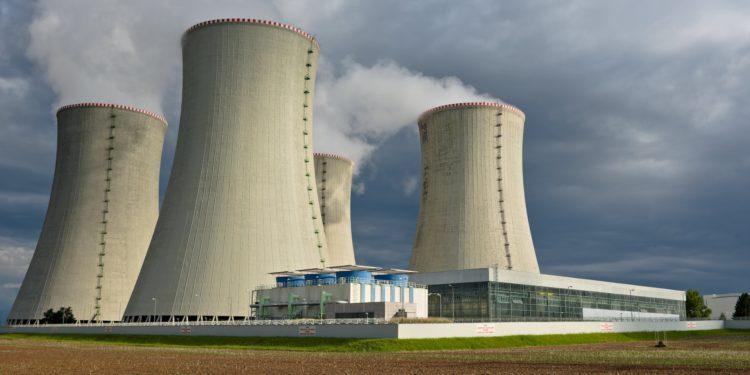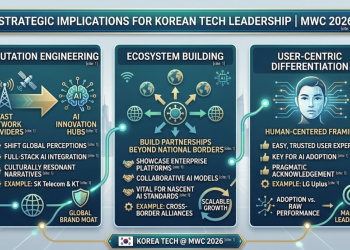South Korea’s Ministry of SMEs and Startups announced a 675 billion won i.e. around $515 million investment for the nuclear energy industry. According to the ministry, the Korean government will prioritize nuclear power in the coming years.
In the next 5 years, the focus will be on uplifting local nuclear energy-based companies. The authorities look forward to improving the current standard of small domestic companies and taking it to an international level.
In 2020, the number of companies in the nuclear power sector was merely 69. Slowly but steadily South Korea wants its nuclear energy companies to reach at least the 150 mark. It is expected that the newly announced investments will ensure more global competitiveness within Korean corporations.
The laid-out budget has been distributed under the real-time requirements of the industry. As per the Ministry of SMEs and Startups, the 675 billion won budget has been divided into three major portions.
The largest portion of 500 billion won goes to the financial help that is going to be provided to nuclear energy-based corporations. On the other hand, 150 billion won and 25 billion won have been allocated for research and development of nuclear energy and private funding work respectively.
A push will be given to digital transformation. Under the new budget and government policies that will come along with it, nuclear energy plants will be reshaped and acquainted with digitalization. The ministry is preparing to nurture 40 items in the nuclear energy sector from a developmental perspective.
In the next few months, the government is perceived to be officially announcing the list of 10 sub-projects related to private as well as public investments in the industry. As of now, the dialogues are still heading on.
South Korea has one of the most advanced and progressive nuclear energy plants. Not only that but the nation is also highly dependent on its nuclear energy supply. Approximately 26 percent of total power is generated via nuclear energy plants. Since natural resources are scarce in Korea, the government actively looks for alternatives and keeps enhancing the Korean nuclear energy industry.
As a result, Korea has been raised to an expert grade in handling nuclear power generation. Three nuclear energy power plants in Korea are counted among some of the leading nuclear power plants in the world. The country bagged the third-highest place in the list of nuclear reactors under construction last year. At the same time, it also had the fifth-highest global distribution of nuclear power generation.
However, at some level, the South Korean nuclear energy sector withers behind. One such reason goes to the dependent nuclear power plants exports. It can be concluded from the recent application rejection of Korea Hydro & Nuclear Power, a subsidiary of the Korea Electric Power Corporation, for exporting nuclear power plants by the US government.
In the next 12 to 13 years, South Korea will secure electricity generation by nuclear energy. It is expected that demand for nuclear energy will rise by roughly 9 percent. It’s predominantly due to new policies that are aimed to make new energy exports stronger including nuclear power plants. The country plans to build 10 nuclear power plants in countries such as Egypt and Poland by 2030.







